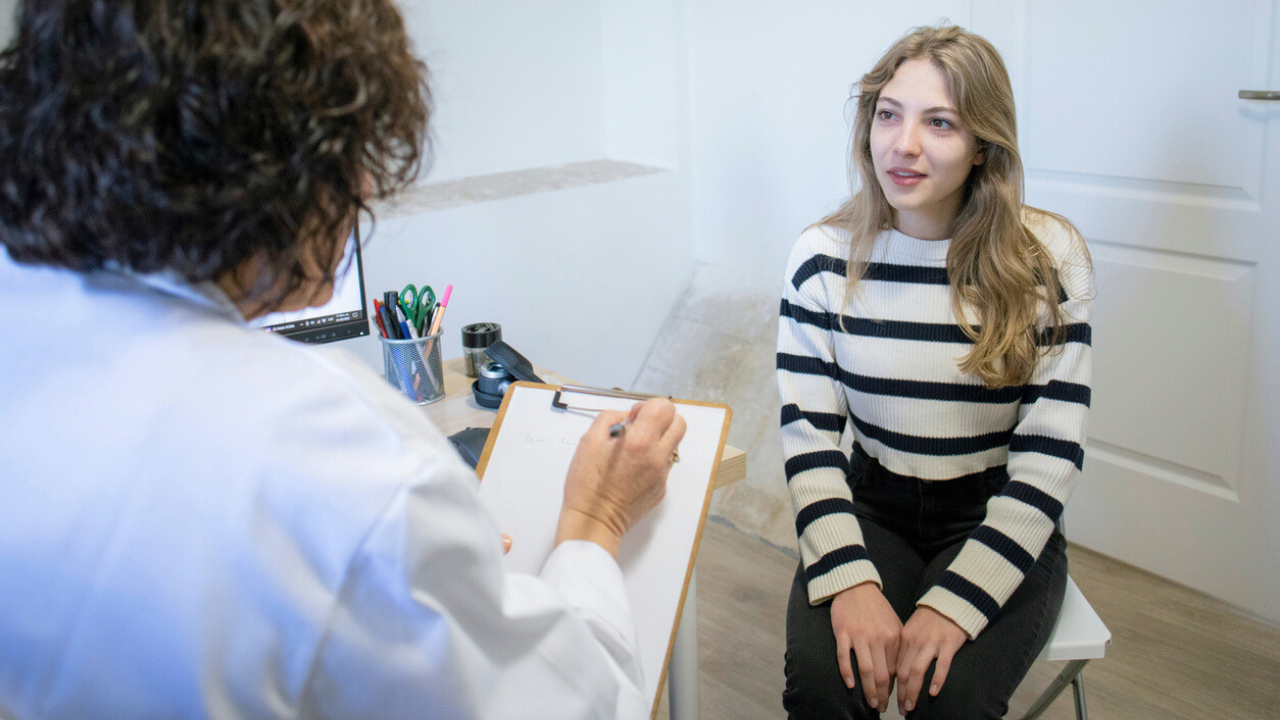What We Focus On
At UC Health, our women’s health experts partner with you across every life stage, offering care that’s proactive, personalized, and rooted in science. We support:
- Preventive screenings and checkups
- Nutrition and lifestyle tips
- Hormonal and emotional changes
- Reproductive and pelvic health
- Family planning and fertility support









